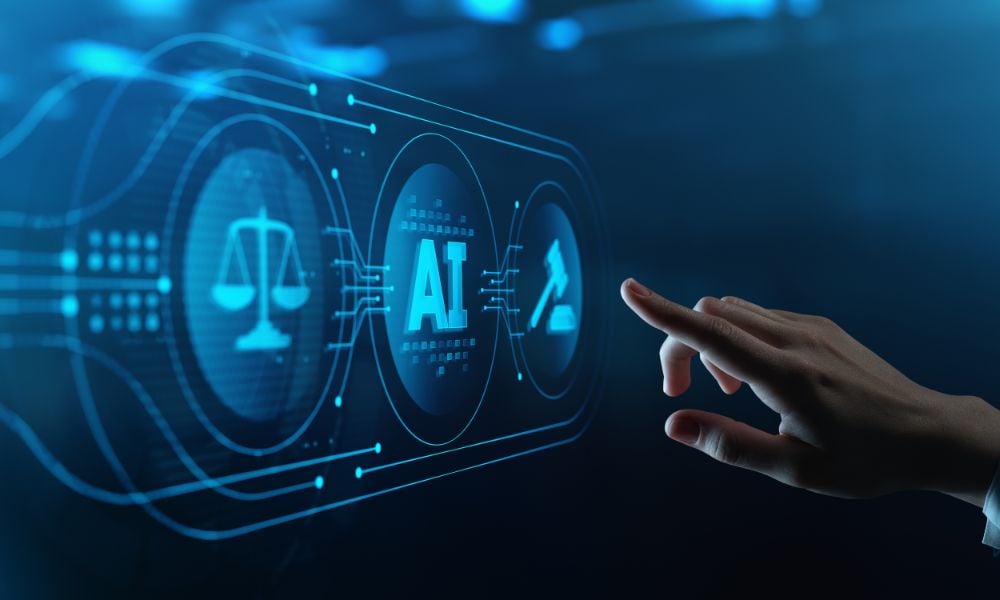
Staff are prohibited from delegating their decision-making responsibilities to AI

The Delaware Supreme Court announced an interim policy allowing judges and court staff to use artificial intelligence (AI) in their work, but with specific limitations to ensure its responsible use.
Reuters reported that the new guidelines come as part of an effort to address the rapid evolution of generative AI technology while maintaining judicial integrity and accuracy.
Under the interim policy, judicial officers and court personnel in Delaware must exercise caution when using generative AI tools and are accountable for the accuracy of their work. The court’s administrative arm must approve any AI tools used in official duties. Additionally, individuals must receive training on these tools before incorporating them into their work processes, and they are expressly prohibited from delegating their decision-making responsibilities to AI.
Delaware Supreme Court Justice Karen Valihura, co-chair of the Delaware Commission on Law and Technology, emphasized the balance between potential benefits and risks associated with generative AI. “Like other technologies, there are possible benefits of using generative AI, but there are potential pitfalls and dangers associated with it, and we believe this interim policy provides our judges and employees some needed and appropriate guardrails,” Valihura said in a statement.
The Delaware Commission on Law and Technology, which focuses on the impact of developing technologies on the legal field, reviewed and approved the policy. The interim policy's brevity reflects the court's awareness of the rapidly changing landscape of AI tools and aims to adapt as technology evolves.
The policy also includes guidelines to protect sensitive information. It mandates that users must not input non-public information into unapproved AI tools and prohibits using unapproved AI on state technology resources. This measure is intended to safeguard confidential court data and uphold the integrity of court proceedings.
The Delaware Supreme Court’s announcement comes as courts, law firms, and corporate legal teams across the country explore emerging AI tools in legal work. In a parallel move, the Georgia Supreme Court established a committee to study AI's impact on the judiciary, following similar initiatives by other state and federal courts.